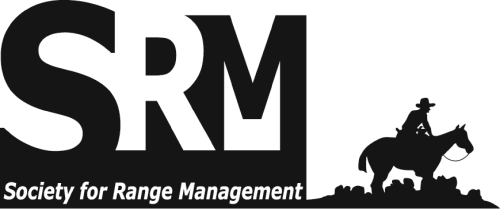Recreation management of popular outdoor activities is crucial in wildlands of the United States. These activities affect ecological processes; recreation ecologists seek to understand their impact on the landscape to inform effective management. Previous studies demonstrate that camping typically suppresses vegetation cover and increases bare areas. This likely has important implications for soil health. Microbial activity is a useful indicator of soil health, given the central role microbes play in nutrient and water cycling. However, scientific understanding of how camping affects soil microbial activity is extremely limited. This case study uses the Santa Rita Experimental Range (SRER) in Southern Arizona to test the hypothesis that the degrading impacts of camping on vegetation are mirrored in the soil microbiome. Between 2013 and 2015, fences were installed at the SRER to limit the spread of frequently and heavily used campsites. These sites provide a direct comparison of recently disturbed, formerly disturbed, and undisturbed areas within a 25 meter radius. Soil beneath mesquite (Prosopis velutina) trees exhibits greater microbial activity than soil in bare areas. Therefore measures of herbaceous basal cover, microbial biomass, and enzyme activity were stratified by both camping disturbance and mesquite canopy cover. I expect depleted herbaceous cover, enzyme activity, and microbial biomass to correspond in campsite areas. I also expect to record relatively high enzyme activity and microbial biomass underneath mesquite compared to areas with no canopy cover. Trampling and vehicle use at campsites cause soil compaction, reduce herbaceous cover, and limit plant litter available for microbial decomposition. However, the combination of nitrogen-fixation in the roots and deposition of nutrient-rich waste in the shade of mesquite trees may stimulate hotspots of microbial activity. Camping introduces complex changes to ongoing ecological processes, but may not necessarily eliminate potential for healthy soils to support revegetation.

Oral presentation and poster titles, abstracts, and authors from the Society for Range Management (SRM) Annual Meetings and Tradeshows, from 2013 forward.